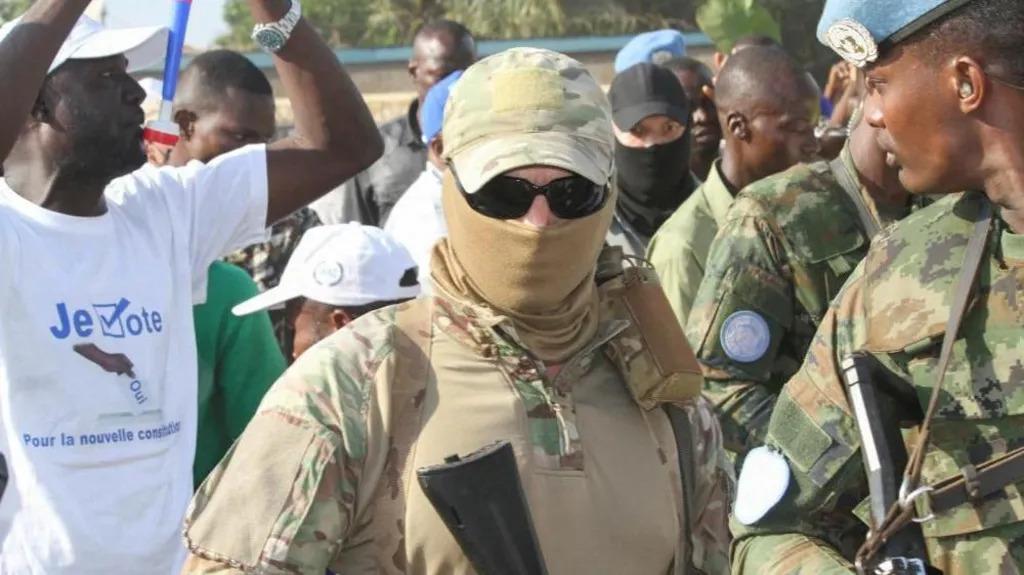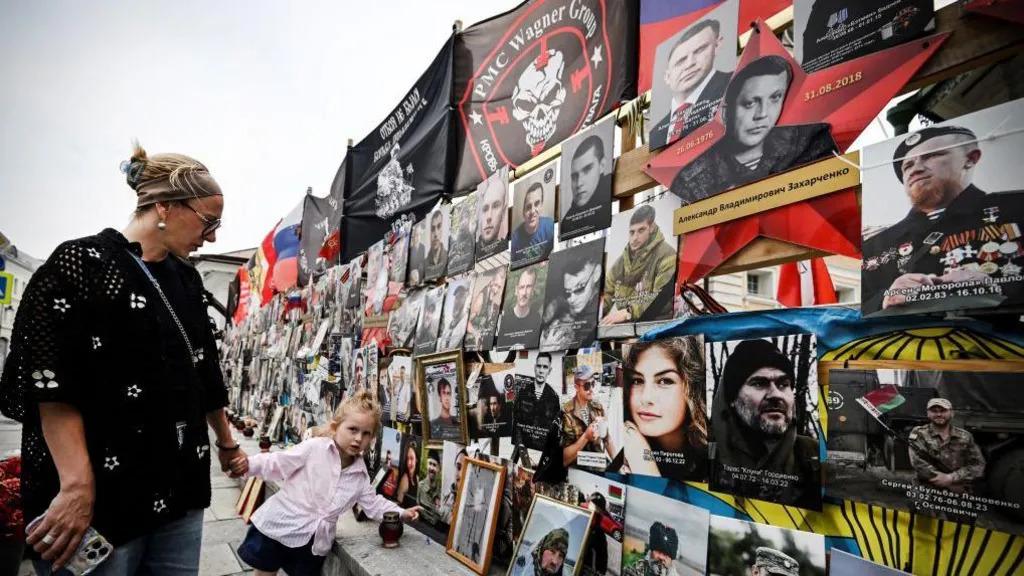Russia restructures & replaces Wagner group post-mutiny
In the year since the Wagner Group mutinied against President Vladimir Putin, Russia has effectively dismantled and replaced the paramilitary force.
Yevgeny Prigozhin, Wagner’s late leader, crossed from Ukraine on June 23, 2023, and seized Rostov after tensions with Moscow's military leaders. His forces advanced towards the capital but halted the next day. Prigozhin’s plane crashed two months later, killing him and several senior members, leaving Wagner's future uncertain, Caliber.Az reports, citing foreign media
Dr. Sorcha MacLeod from the UN's working group on mercenaries explained that Wagner troops have fragmented across the Russian state. She emphasized that Wagner remains geopolitically and economically vital to Russia. Prigozhin’s forces were crucial in Ukraine, securing key battlefield victories in Soledar and Bakhmut. At its peak, Wagner had around 50,000 mercenaries in Ukraine, according to the US National Security Council.
Experts now report that Wagner's operations in Ukraine have been subsumed by other Russian state and paramilitary units. Ex-Wagner commander told BBC Russian that mercenaries were ordered to join the Ministry of Defence or disband. UK intelligence suggests that some Wagner infantry units have been absorbed by the Rosgvardia, Russia’s National Guard, established in 2016 and controlled by Putin’s former bodyguard Viktor Zolotov.

Following the mutiny, Prigozhin reportedly struck a deal with Putin to focus Wagner’s operations in Africa. After his death, Deputy Defence Minister Yunus-Bek Yevkurov toured African capitals to assure officials that Wagner’s services would continue. The Polish Institute of International Affairs (PISM) noted that Russia’s focus on Africa has strengthened post-Prigozhin.
Documents obtained by the BBC reveal Moscow offering a “regime survival package” in exchange for access to natural resources, a tactic previously used by Wagner. The so-called Russian “expeditionary group” or Africa Corps, commanded by former GRU Gen Andrey Averyanov, has replaced Wagner in West Africa, recruiting soldiers with salaries up to 110,000 roubles annually. In January, 100 troops were deployed to Burkina Faso, followed by another 100 to Niger in April.
Security analyst Ruslan Trad stated that Wagner has essentially become the Africa Corps, now serving in military intelligence and the Ministry of Defence. These troops secure trade routes, and resources, and support local juntas, replicating Wagner’s previous roles. Anton Yelizarov, a long-term Wagner operator, confirmed this integration in a video, indicating cooperation with National Guard units.
UK officials said former Wagner units are now part of Rosgvardia’s Volunteer Corps, indicating successful subordination. Some ex-Wagner forces have joined Chechnya’s Akhmat forces under Ramzan Kadyrov. Wagner’s logo was removed from its St. Petersburg headquarters, signaling its decline.
In Africa, only in the Central African Republic (CAR) does Wagner operate in a form resembling its original structure, reportedly controlled by Prigozhin’s son, Pavel. Moscow allows him to continue his father’s work, provided it aligns with Russia’s interests. However, PISM notes the CAR’s diminishing strategic importance to Moscow.

Despite the mutiny’s threat, its anniversary passed quietly in Russia. Dan Storyev of the OVD-Info monitoring group noted that Prigozhin’s legacy mostly lies with Kremlin allies, and there is little grassroots support for commemorations.
Overall, Russia has successfully restructured Wagner’s operations under state control, maintaining its geopolitical and military influence.








